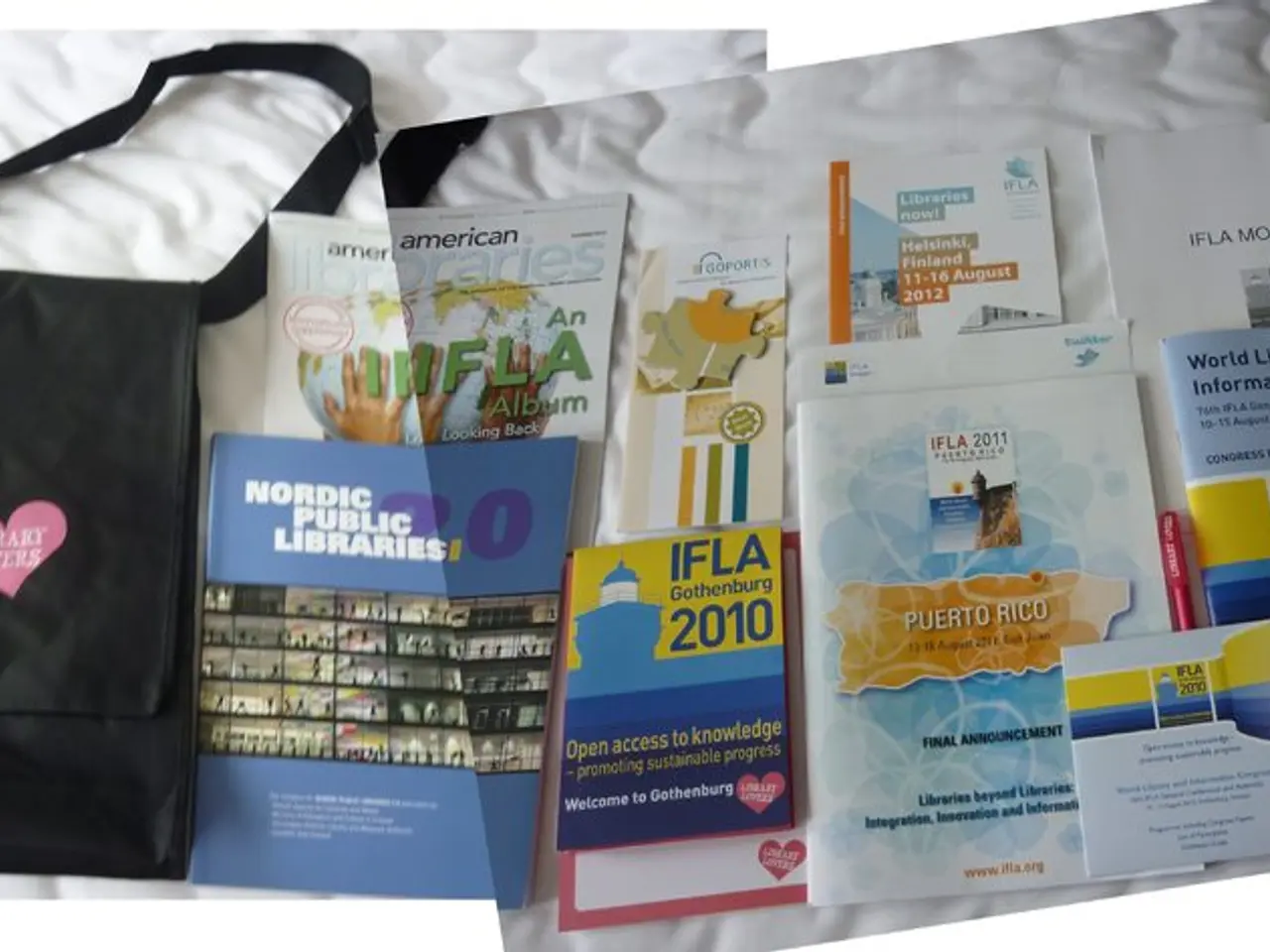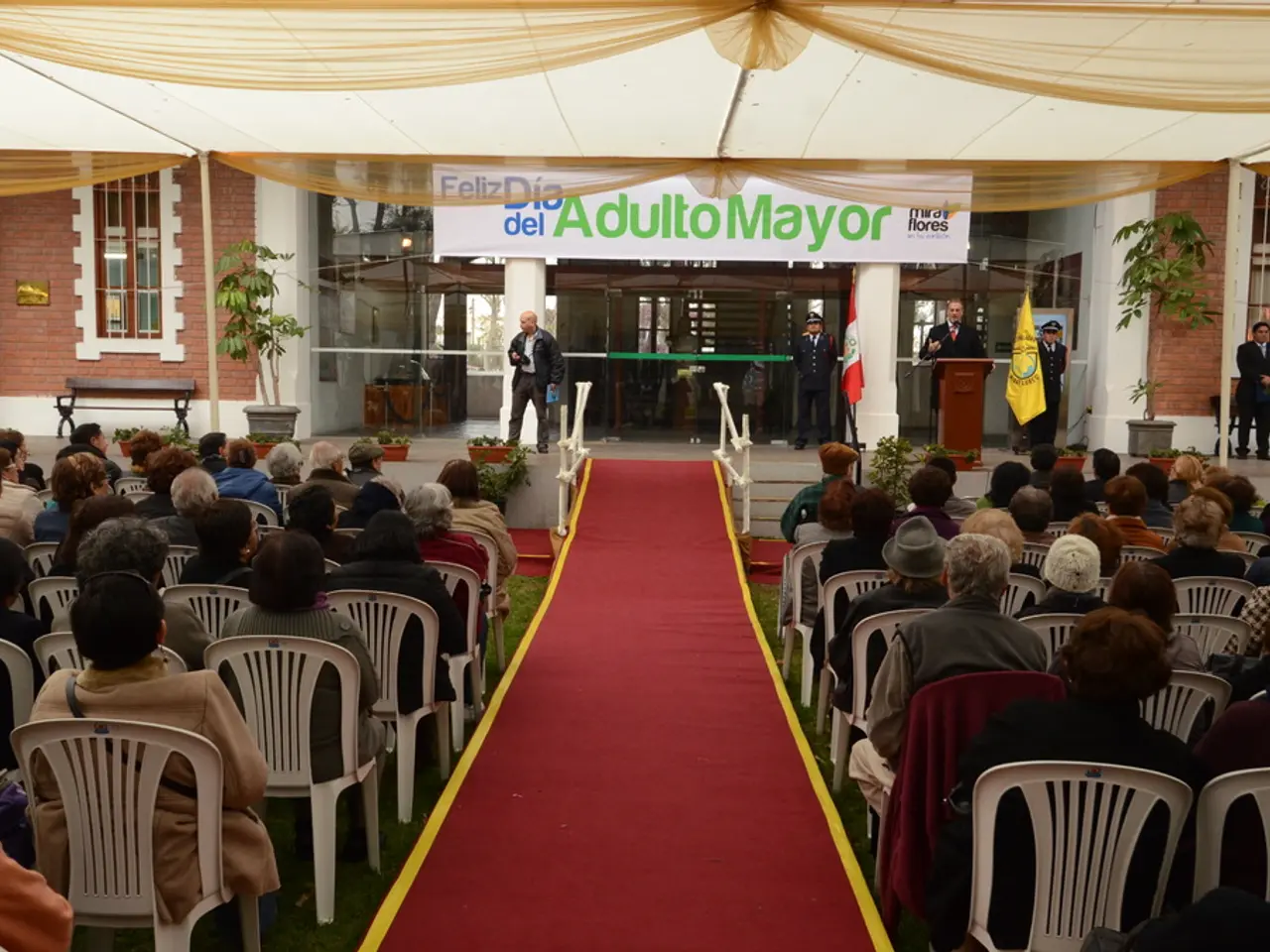Germany's Diplomatic Realist: Johann Wadephul Shapes Nation's Foreign Policy
In the political landscape of Germany, a shift in foreign policy strategies has been observed since the appointment of Johann Wadephul as Foreign Minister in the spring of 2025. His tenure marks a departure from the approach of his predecessor, Annalena Baerbock, who served from 2021 to 2025.
## Johann Wadephul: A Focus on Cooperation and Security
Johann Wadephul's foreign policy approach emphasizes the need for cooperation with EU partners, particularly in addressing irregular migration. He recently defended Germany's temporary border controls with Poland and the Czech Republic, framing them as necessary until more comprehensive European migration solutions are implemented.
Wadephul's focus seems to be on maintaining security and order within Europe while engaging in international cooperation. He has also been involved in high-level diplomatic engagements, such as the strategic dialogue with China, highlighting Germany's commitment to bilateral and multilateral relations.
## Annalena Baerbock: A Pro-NATO and Climate-Centric Approach
Annalena Baerbock, from the Alliance 90/The Greens, held strong Atlanticist and pro-NATO views. Her foreign policy was aligned with U.S. President Joe Biden's administration, focusing on climate change, security, and European integration.
Baerbock strongly supported European Union policies, particularly in dealing with challenges like the rule of law disputes with Poland. She also emphasized the need for collective action on issues such as climate change and supported the EU's stance on migration from Belarus.
## Comparing the Approaches
A comparison of the two approaches reveals some key differences. Both have highlighted the importance of addressing security concerns, but Wadephul's focus on managing irregular migration within the EU contrasts with Baerbock's more comprehensive approach to European and global security issues.
Baerbock's policy was more closely aligned with U.S. and NATO positions, while Wadephul's engagement with China suggests a broader approach to international partnerships. Both support EU cooperation, but Baerbock's tenure emphasized integration and common European policies, whereas Wadephul is navigating temporary measures within the Schengen area.
Wadephul formulates positions that do not aim for applause but for effect, such as cutting support for NGOs, while Baerbock's approach sometimes seemed overwhelmed in crises, conflicts, and wars. Wadephul's approach to foreign policy is analytical and cool, rather than ideological, and he is described as a figure of substance: factual, steadfast, and sovereign.
Annalena Baerbock attempted to combine a morally accentuated foreign policy with classical diplomacy, but much remained superficial in depth, according to some observers. If history proves itself in times of great unrest, it will be people like Johann Wadephul who are measured by consistency, not applause.
- Encompassing policies beyond just Europe, Foreign Minister Johann Wadephul's approach involves sports-analysis, particularly in the realm of international cooperation.
- As for politics, general-news sources often report on crime-and-justice issues, a focus that has been less prominent in both Wadephul and his predecessor Annalena Baerbock's foreign policies.
- In contrast to Wadephul's security-focused approach, Baerbock's foreign policy had a stronger emphasis on policy-and-legislation, including war-and-conflicts and climate change.
- The shift in Germany's foreign policy, from Baerbock's pro-NATO and climate-centric approach to Wadephul's emphasis on cooperation and security, has reshaped the nation's stance in sports diplomacy as well, with a possible impact on sports-analysis discourse.






